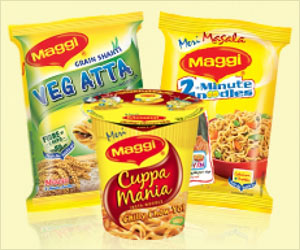- Monosodium glutamate, or MSG, commonly known as Ajinomoto, is used to enhance the flavor of Chinese dishes like Chow Mein and Manchurian
- MSG can lead to oxidative stress, inflammation and other health problems even when used in doses that are below the permitted limits
What is Ajinomoto?
Monosodium glutamate, or MSG, is commonly known as Ajinomoto. It is used in Chinese dishes like Chow Mein and Manchurian to give them their distinctive, lingering umami flavor.Why is MSG Bad for Health?
MSG may induce oxidative stress, inflammation and other health problems even at doses below the permitted limits, according to an AU study on the substance’s toxicity. In addition, umami can lead to MSG addiction in kids.Prof Rizvi said, “All these adverse effects may predispose an individual to diseases such as hypertension, heart problems and a faster rate of aging.” Since the consumption of foods high in MSG has grown significantly in recent years, the study assumes significance. This substance is available in significant concentrations in all fast foods, including packaged momos, chips and other items.
MSG enhances the body’s production of several substances that could be very dangerous. Patients with COVID-19 frequently experience the same kind of shift, he continued.
“The experimental study carried out on rats given a fixed dose of MSG revealed that after three weeks of continuous intake of this salt, some alterations were also seen in the brain region,” said Prof Rizvi.
“This study is an eyeopener as growing children may especially be vulnerable to toxic effects of MSG,” said Prof Rizvi, adding that children and growing fetuses have a leaky blood-brain barrier and could be affected by toxic effects of MSG.
















